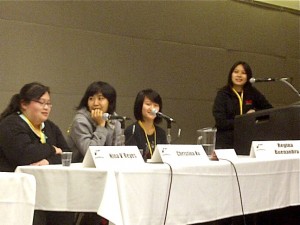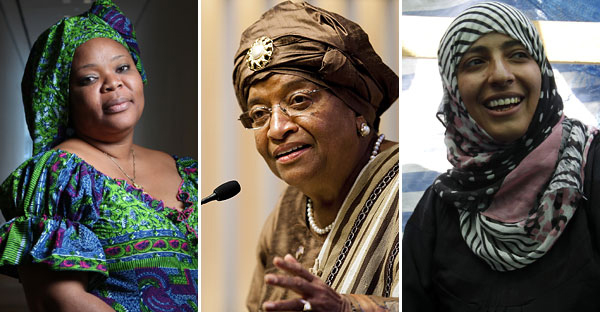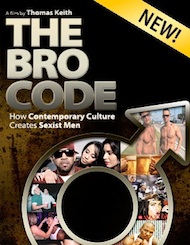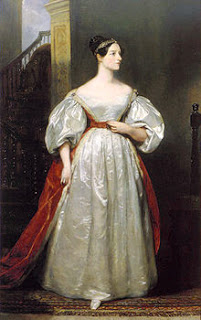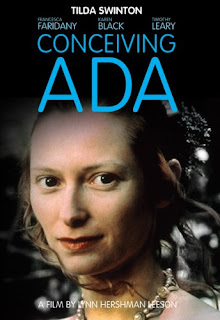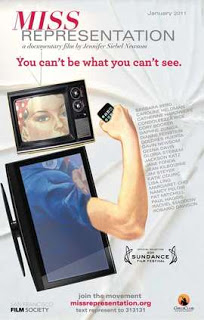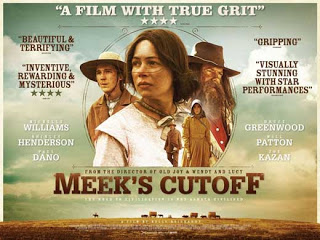 |
| Deepa Mehta |
| Heaven on Earth (2008) |
When Chand (played by Bollywood superstar Preity Zinta) arrives in Brampton, Ontario to meet her new husband, she leaves behind a loving family and supportive community. Now, in a new country, she finds herself living in a modest suburban home with seven other people and two part-time tenants. Inside the home, she is at the mercy of her husband’s temper, and her mother-in-law’s controlling behaviour.
After a magic root fails to transform her husband into a kind and loving man, Chand takes refuge in a familiar Indian folk tale featuring a King Cobra.
Watch the trailer:
 |
| Water (2005) |
In 1938, Gandhi’s party is making inroads in women’s rights. Chuyia, a child already married but living with her parents, becomes a widow. By tradition, she is unceremoniously left at a bare and impoverished widows’ ashram, beside the Ganges during monsoon season. The ashram’s leader pimps out Kalyani, a young and beautiful widow, for household funds. Narayan, a follower of Gandhi, falls in love with her. Can she break with tradition and religious teaching to marry him? The ashram’s moral center is Shakuntala, deeply religious but conflicted about her fate. Can she protect Kalyani or Chuyia? Amid all this water, is rebirth possible or does tradition drown all?
Watch the trailer:
 |
| Bollywood/Hollywood (2002) |
After Rahul’s white pop-star fiancée dies in a bizarre levitation accident his mother insists he find another girl as soon as possible, preferably a Hindi one. As she backs this up by postponing his sister’s wedding until he does so, he feels forced to act, the more so as he knows his sister is pregnant. But it’s a pretty tall order for an Indian living in Ontario, so when he meets striking escort Sunita who can ‘be whatever you want me to be’ he hatches a scheme to pass her off as his new betrothed. Things get complicated when his family start to take to her and he realises his own feelings are becoming rather stronger than that.
Watch the trailer:
 |
| Earth (1998) |
Earth is the second film in Mehta’s Elements Trilogy. The film seems to have won only a single award, and is based on Bapsi Sidhwa’s novel, Cracking India. Released in India as 1947: Earth, the film chronicles the division of India and Pakistan. From a plot summary on IMDb:
This story revolves around a few families of diverse religious backgrounds, namely, Muslim, Hindu, Sikh, and Parsi, located in Lahore, British India. While the Parsi family, a known minority in present day India, are prosperous, the rest of the families are shown as struggling to make a livelihood. Things change for the worse during 1947, the time the British decide to grant independence to India, and that’s when law and order break down, and chaos, anarchy, and destruction take over, resulting in millions of deaths, and millions more rendered homeless and destitute. In this particular instance, Shanta is a Hindu maid with the Sethna (Parsi) family, who is in love with Hassan, a Muslim, while Dil Navaz loves Shanta, and wants her to be his wife, she prefers Hassan over him. This decision will have disastrous effects on everyone concerned, including the ones involved in smuggling Hindus across the border into India.
Watch the trailer:
 |
| Fire (1996) |
Fire is the first film to confront lesbianism in a culture adamantly denying such a love could ever exist. Shabana Azmi shines as Radha Kapur in this taboo-breaking portrayal of contemporary India and the hidden desires that threaten to defy traditional expectations. In a barren, arranged marriage to an amateur swami who seeks enlightenment through celibacy. Radha’s life takes an irresistible turn when her beautiful young sister-in-law seeks to free herself from the confines of her own loveless marriage and into the supple embrace of Radha.
Watch the trailer:
Mehta’s films not mentioned here include Sam & Me, Camilla, The Republic of Love, and more.



